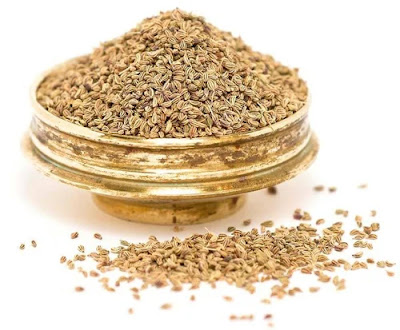Uses of Licorice in Ayurveda

By: Ravichandra Uses of Licorice in Ayurveda: A Comprehensive Overview Licorice, scientifically known as 'Glycyrrhiza glabra, has been a cornerstone of traditional herbal medicine around the world for thousands of years. In Ayurveda, India's ancient medical system, licorice is highly prized for its many healing properties. Known as yashtimadhu (meaning "sweet root"), licorice is used to balance bodily deficiencies such as vata, pitta, and kapha, and to treat a variety of ailments. Its benefits range from addressing respiratory problems and digestive disorders to skin diseases. Its properties and role in promoting overall health have been thoroughly examined. 1. Ayurvedic View on Licorice (Yashtimadhu) In Ayurveda, individual herbs and substances are evaluated not just by their biochemical properties, but also by their interaction with the three doshas: vata, pitta, and kapha. These doshas represent different energies or forces in the body that control physical and me...





